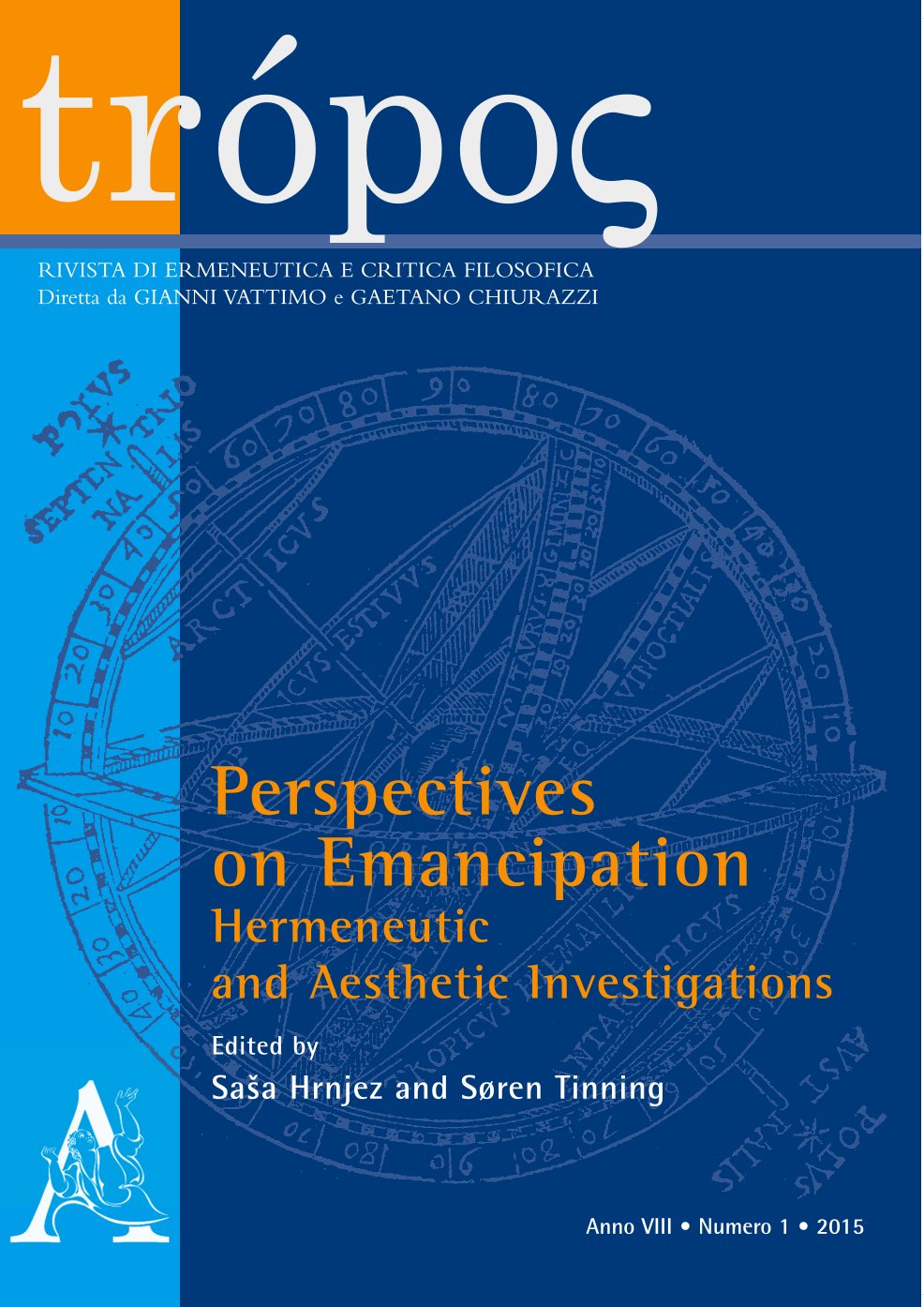Reappropriating Sovereignty
A Critique of Giorgio Agamben’s Abandonment of Sovereignty
DOI:
https://doi.org/10.13135/2036-542X/7967Keywords:
Sovereignty, Agamben, Aristotle, French Revolution, Popular Sovereignty, AbandonmentAbstract
In this article I discuss and criticize Giorgio Agamben’s conception of sovereignty for being too legalistic and apolitical and thereby incapable of identifying a political and emancipatory potential in the concept of sovereignty. Through readings of Pindar and Aristotle, and Agamben’s interpretations of them, I show that Agamben sees the Greek basileus (king or kingship) as the predecessor of the modern doctrine of sovereignty rather than — what would have been more obvious — Aristotle’s notion of kyrion (supreme or supremacy). Consequently, I develop an alternative to Agamben’s reading of the genealogy of sovereignty by engaging with Aristotle and by showing how this conception of sovereignty entails both political and democratic elements — what Agamben had criticized as essentially missing from the logic of sovereignty. In the last part of the article, I use my criticism of Agamben’s conception of sovereignty and the alternative to it developed through my reading of Aristotle to discuss Agamben’s interpretation and dismissal of the political legacy of the French Revolution, which I see as symptomatic for Agamben’s (mis)comprehension of sovereignty. Due to his conception of sovereignty, Agamben argue that we should abandon it. I argue instead that it must be reappropriated.


